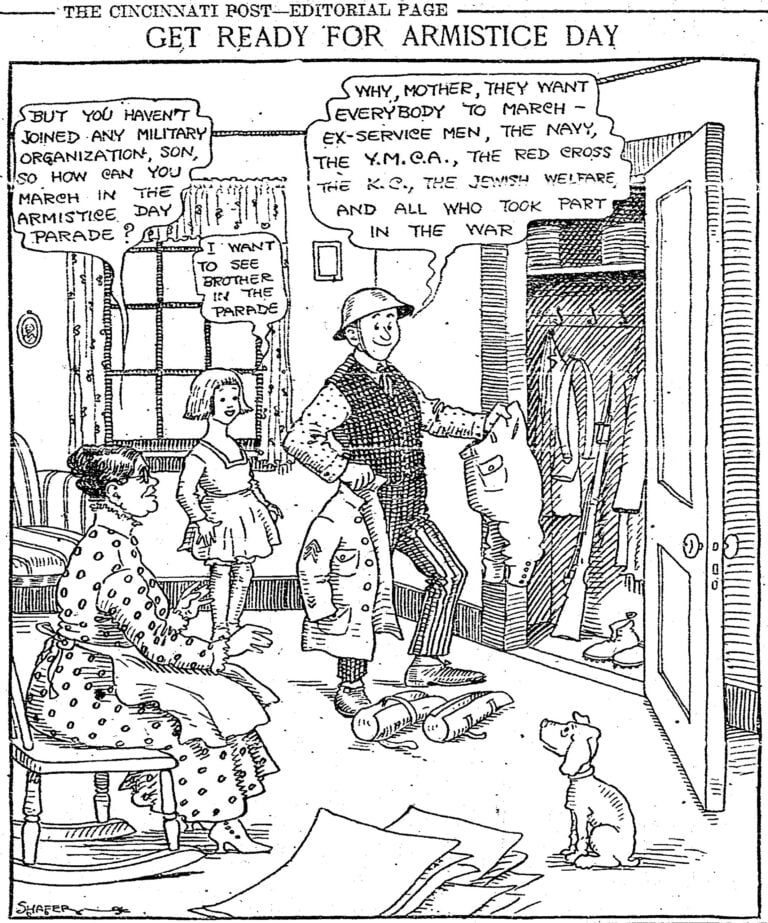Kentucky’s Attorney General would be given jurisdiction over the state’s human trafficking cases under a bill approved Wednesday by the House Judiciary Committee.
Jurisdiction over these cases now lies with Kentucky’s Commonwealth’s Attorneys and county attorneys.
House Bill 229 would expand that jurisdiction to the Attorney General’s Office to beef up investigation and prosecution of such cases, said HB 229 sponsor House Majority Caucus Chair Sannie Overly.

“Too often we are finding (these cases) are not progressing through investigation and through to a conviction,” said Overly, D-Paris. HB 229 would help fix that, she said.
Her comments were echoed by Attorney General Andy Beshear who joined Overly before the committee.
“I’m ready to go to work,” Beshear said. “My office is ready to go to work. We’re going to work every single day to make sure we get results.”
HB 229 now goes to the full House for consideration.
Police overtime bill approved by committee
Legislation that would mean more time off work for Louisville Metro police officers and overtime savings for the city has passed a House committee.
Under House Bill 149, sponsored by Rep. Jeff Donohue, D-Fairdale, Louisville Metro police officers would work 12-hour shifts totaling less than 80 hours over 14 days without triggering overtime pay per a city agreement with the Louisville area Fraternal Order of Police.
Louisville police officers currently work 8-hour shifts for six days before getting two days off, said Louisville Metro Police Chief Steve Conrad who testified on the bill before the House Local Government Committee.
Conrad said HB 149 would allow officers to get more time off which he said means “less fatigue, less stress, and use less sick leave.” It would also, he said, help the city lower its costs.
“Without this change in state law we’d be required to pay overtime over the first week and then an officer would work less than 40 hours in the second (week),” said Conrad, who testified on the bill alongside River City FOP #614 President Dave Mutchler and Donohue.
“(This) puts more police officers on the shifts that we have so I think it’s beneficial to the community,” Donohue told the committee.
Rep. Arnold Simpson, D-Covington, asked if the city can revert back to 8-hours shifts if the outcome of the agreement is unsatisfactory. Conrad said yes, but it is unlikely that his department would want to return to 8-hour shifts.
HB 149 now goes to the full House for consideration.
Stumbo files minimum wage bill
House Speaker Greg Stumbo filed legislation Wednesday that would provide the first increase to Kentucky’s minimum wage in nearly seven years.
“It is way past time that we give a raise to those families who depend on the minimum wage,” said Stumbo, D-Prestonsburg. “Beyond the budget, no other bill the General Assembly considers this year would do more for our economy and improve the livelihood of hundreds of thousands of families. We need to take this step now, because waiting another year would just put these families further behind.”
Under his House Bill 278, the state’s minimum wage would rise in three steps, each less than a dollar a year, from the current $7.25 an hour to $10.10 an hour by July 2018.
Stumbo noted that his legislation is similar to the last minimum wage increase the General Assembly passed, which was in 2007 and became fully effective in 2009.
“That measure had a lot of bipartisan support, so I don’t see why this one can’t as well,” he said.
Information compiled last year by the Legislative Research Commission, the General Assembly’s administrative arm, found that about 391,000 Kentuckians earn less than $10.10 an hour. About 60,000 of those earn the minimum wage or less.
According to the U.S. Bureau of Labor Statistics, 70 percent of those making minimum wage are women, and more than half are 22 or older.
“The idea that most of the people earning minimum wage are teenagers is wrong,” Stumbo said. “There are in fact many families who have at least one breadwinner earning minimum wage, and there are a number of single-parent families that fit this category as well. If they’re working full-time, they’re only earning about $15,000 a year.”
House Bill 278 would bring that figure up to $19,533, roughly the same earning power the minimum wage had in the late 1960s when adjusted for inflation.
Stumbo noted that a poll released earlier this month by the Foundation for a Healthy Kentucky and Interact for Health found that almost 70 percent of adults in the commonwealth favored a minimum wage increase to $10.10 an hour. That corresponds with a Bluegrass Poll from last March that showed raising the minimum wage was by far the most important issue in the governor’s race.
According to the National Conference of State Legislatures, 29 states and the District of Columbia have minimum wages higher than the federal minimum wage, with 12 of those states increasing their wages through legislation approved in 2014 or 2015. In 2014, that included voter-approved initiatives in Alaska, Arkansas, Nebraska and South Dakota.
In addition to raising the minimum wage, Stumbo’s bill also provides help to some of the state’s smallest businesses currently exempt from the state’s minimum wage law. The current limit of $95,000 in gross sales, which hasn’t changed since 1976, would rise to $500,000 and would apply to retail stores, service industries, hotels and restaurants.
Senate approves bill to crack down on repeat DUI offenders
The state Senate passed a bill Wednesday that would strengthen penalties for habitual drunken drivers.
Senate Bill 56, sponsored by Sen. Dennis Parrett, D-Elizabethtown, would change what is known in legal circles as the “look back period” to 10 years from five years. What that means is that if someone is convicted of drunken driving multiple times in a 10-year period the penalties for the crimes can be increased. The bill would also expand the quarterly reporting window of pending DUI cases to 180 days from 90 days.
“For a lot of people, the first DUI is a mistake,” Parrett, D-Elizabethtown, said during discussion of the bill on the Senate floor. “But the second one is not a mistake. The third, fourth and the fifth are big problems and we need to correct that.”
According to Parrett, statistics show that 99.6 percent of habitual drunken drivers’ DUI cases fall within a 10-year period.
If the bill becomes law, it would be named the Brianna Taylor Act. Brianna was 17 when she died in a car wreck in the summer of 2014 in Hardin County. The Elizabethtown High School graduate was on her way home from a fishing trip at the time of the crash.
Similar legislation was approved in the Senate last year but did not become law. SB 56, which was approved by the Senate on a 35-1 vote, will now go to the state House for consideration.
From LRC Public Information Office





















